Keywords: Awareness
There are more than 200 results, only the first 200 are displayed here.
-

ARTS AND CULTURE
- Linda Stevenson
- 15 May 2017
3 Comments
The hem is good to touch, has a firm stitch. I wonder ... who pressed it flat, by whose hand was the white cotton thread sent bobbing, in what factory did my semi-slave breathe, labour? Was it here, a sweatshop in our own suburbs, or a distant forced camp? What lamps burned through hard-pressed nights of work? The sheet's material is light, a white cotton, beckons rest for me. Except, I still think over it ... who dyed, sewed, folded, packed? Who went to their bed dog-tired, with blood-sore fingers?
READ MORE 
-
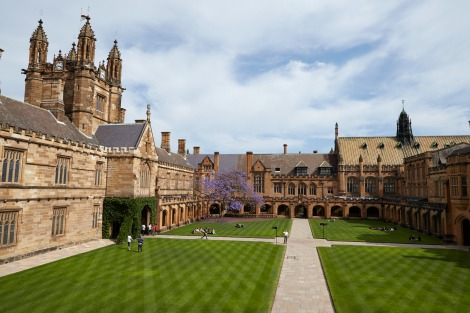
INTERNATIONAL
- Binoy Kampmark
- 03 May 2017
14 Comments
For various reasons, 'free' education in Australia has been qualified by HECS, which actually serves to wedge the liquid incentive of government and educational institutions on the one hand with the need for students to obtain affordable education on the other. Even that balance is now under threat, with a pre-budget announcement suggesting cuts to university funding and increasing costs to student degrees are in the offing. Universities are far from blameless in the present distorted funding model.
READ MORE 
-
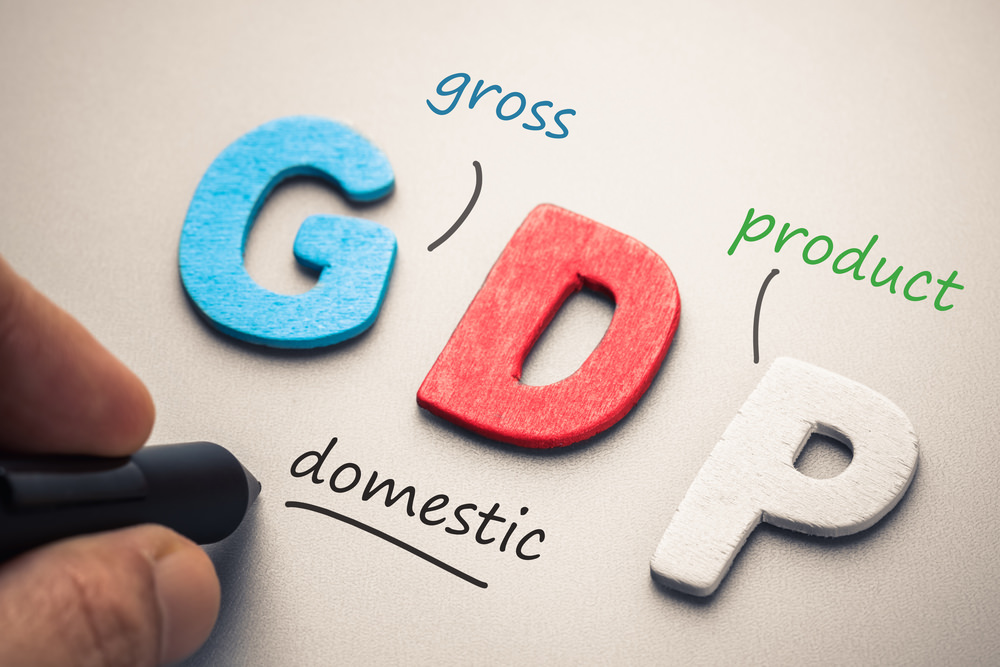
ECONOMICS
Fake news aside, increasingly, we live in a world of fake figures. There is a cliche in management that 'what gets measured gets done'. In public discourse that might be translated to 'what gets measured is considered real'. One obvious fake figure is GDP, which is taken as a measure of national wellbeing. In fact, it is just a measure of transactions. If money changes hands because something disastrous happens then GDP will rise. That is hardly an indicator of national wellbeing.
READ MORE 
-
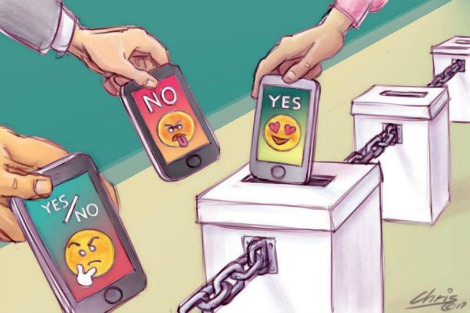
AUSTRALIA
- Kate Galloway
- 13 April 2017
8 Comments
There are reasons to be concerned about the capacity of a government to govern in the current brief election cycle, and in dealing with what some describe as a 'hostile senate'. But the networked world we inhabit also calls into question the way in which politicians might be accountable to the public. Rather than focusing on changes to a system of governance derived from a different era, we should be asking what are the implications of emergent technologies on the way in which we are governed.
READ MORE 
-

ARTS AND CULTURE
- Tim Kroenert
- 22 March 2017
All stories that deal with time travel will come up against paradoxes. Generally the success of the story will come down to how capably these paradoxes are dealt with, and how consistently with the story's internal logic. Otto Bloom turns on the concept of time as an extension of the physical dimensions. If time is as tangible as physical space, then all events in time are occurring simultaneously. That we perceive time as moving in a particular direction is a feature of our human consciousness.
READ MORE 
-

AUSTRALIA
- Andrew Hamilton
- 01 March 2017
18 Comments
It is a commonplace that our political discourse is much impoverished. Speeches are built around sound bites. The Trump administration is experimenting with letting go of speeches and communicating within the limits set by Twitter. In such a world there is little space for more complex rhetoric, for cultural reference, for reflection on historical precedents, or for wondering. Our politicians' words leave no echoes. It is worth musing on what may be lost in the thinning of public discourse.
READ MORE 
-
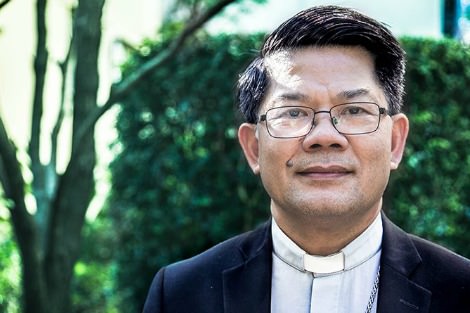
RELIGION
- Andrew Hamilton
- 22 February 2017
70 Comments
The most thought provoking testimony given during the Royal Commission's Catholic 'wrap up' was that by Vincent Long, Bishop of Parramatta. It was notable for its directness, honesty and the awareness it displayed of the importance of church culture. Bishop Long grew up in the Vietnamese Catholic Church and was afterwards chosen to lead the Australian Church. In his responses he focused particularly on clericalism and its role in giving license and cover to clerical abuse.
READ MORE 
-

AUSTRALIA
- Tseen Khoo
- 24 January 2017
16 Comments
The removal of an Australia Day billboard featuring two girls in hijabs prompted a swell of support against Islamophobia. Alongside this was a backlash from those who read the action as forcing Muslim Australians to be complicit in the oppression of Indigenous peoples. My unease came from seeing intra-community tension manifest as dismissal and denigration of those who were considered not 'woke' enough to the politics and embedded racism surrounding invocations of Australian identity.
READ MORE 
-

ECONOMICS
- Rachel Kurzyp
- 16 December 2016
8 Comments
Studies have found that in Australia, groups with the poorest financial awareness and skills are those under 25, those with no formal post-secondary education, those on low incomes and working 'blue collar occupations', and women. While it makes sense to provide these groups with financial information on home loans and super, this wouldn't have helped my mother when she had to decide between, say, buying groceries for the week or getting the car serviced.
READ MORE 
-

MEDIA
- Kasy Chambers
- 05 December 2016
21 Comments
There has been a slow trickle of news outlets in Australia winding back their coverage of religion over recent years. Some might argue that this is a good thing in a secular democracy, and that discussion of religion creates division. This however flies in the face of the overwhelming good that religious belief, and religious-based organisations, do in this country. Not to mention the fact that religion and ethics are a major part of the narrative of society, of how we live together and how we form a community.
READ MORE 
-
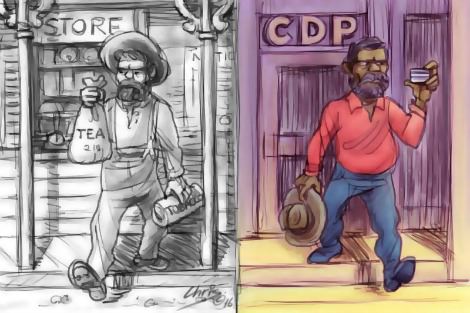
AUSTRALIA
- Celeste Liddle
- 02 December 2016
8 Comments
Indigenous workers of previous generations struggled and undertook strike actions so that their descendants would not be exploited and abused in the same way that they had been. While we may have many more Aboriginal people achieving and attracting higher waged work than we did in the years gone by, the exploitation of the most vulnerable in our community continues. The years may have ticked over, but the government's attitude to the value of Indigenous workers has not.
READ MORE
-

RELIGION
- Andrew Hamilton
- 30 November 2016
11 Comments
One of the weaknesses in our society is its lack of effective regulations governing the marketing and availability of alcohol. A second is the ready availability of pornography, as many young men learn how to behave towards women from sadistic and explicit pornography. In the case of the lack of restrictions on the availability of both, churches concerned to respond to domestic violence will need to meet the libertarian objections to regulating profitable business and individual behaviour.
READ MORE 